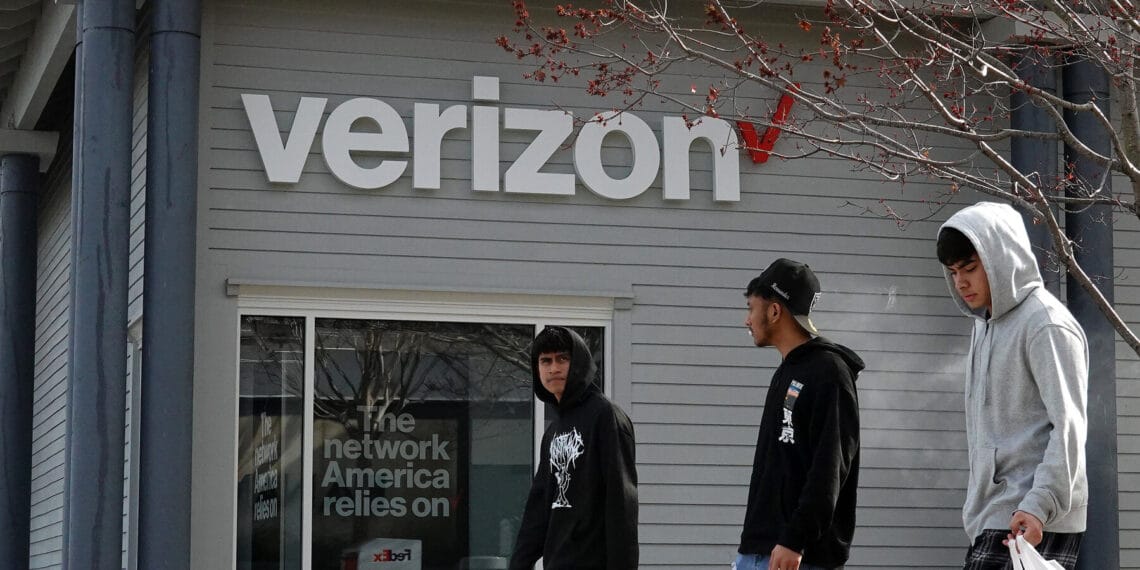The Gist:
On Monday morning, reports indicated that over 100,000 users experienced service issues with their mobile networks. This information came from Downdetector, a website that tracks service disruptions. People were particularly frustrated as they found they could not make phone calls or send text messages. This peak in complaints highlights the scale of the problem impacting a significant number of users.
The outage could have been due to a technical failure or maintenance, but the specific reason for the issue was not disclosed. As a result, many individuals and businesses were left stranded without proper communication tools. The situation raises concerns about the reliability of mobile services, especially since we rely heavily on our phones for everyday communication.
The Good:
- Awareness of Service Reliability: This event highlights the importance of reliable mobile services. Companies may take steps to improve their systems to prevent future outages.
- Community Response: The spike in reports allows affected users to connect with each other through social media, fostering a sense of community during service disruptions.
- Encouragement for Backup Solutions: Users may be encouraged to explore alternative communication methods, such as messaging apps or Wi-Fi calling, which can be beneficial in emergencies.
- Improved Customer Service: Companies may enhance their customer support and communication during outages, leading to better service in the long run.
- Innovation Opportunities: This situation could inspire innovation in mobile technology, as companies might seek new solutions to prevent similar issues from occurring.
The Bad:
- Loss of Communication: Users being unable to make calls or send texts can lead to missed important messages or calls, which may result in serious consequences.
- Impact on Business: Businesses that rely on mobile communication faced disruptions, which could lead to financial losses and negatively affect their reputation.
- Panic Among Users: Many people may panic during such outages, especially during emergencies, leading to feelings of insecurity and helplessness.
- Increased Distrust: Frequent outages like this may lead to customers losing trust in their service providers, pushing them to seek alternatives.
- Potential for Cyber Attacks: Large-scale service failures occasionally attract attention from hackers, potentially leading to increased vulnerability among mobile networks.
The Take:
On a Monday morning that began like any other, many users woke up to find their mobile phones practically useless as they faced issues with making calls and sending text messages. According to the reports from Downdetector, a website dedicated to monitoring service outages, over 100,000 users submitted complaints about their inability to connect through mobile networks. This significant spike in reports indicated a serious disruption affecting countless individuals across probably multiple regions. The reasons for the disruptions remained unclear at the time, but the impact on users was immediate and very real.
For those affected, being unable to communicate can be more than an inconvenience. Imagine needing to contact someone urgently but finding you cannot get through. People rely on their phones for personal and business communications. Therefore, when the service drops, it could cause panic and increase the feelings of vulnerability, especially for individuals who rely on their devices for critical communications. This outage led to a collective sigh of frustration across social media platforms where users shared their experiences and sought information about the ongoing issue.
This situation forces consumers to consider the reliability of their mobile service providers. While companies often invest heavily in network infrastructure, such outages raise questions about how prepared they truly are for unexpected failure. Many users began discussing the need for backup communication methods, such as using Wi-Fi calling or messaging apps that work over the internet. These discussions point to a growing understanding that relying solely on one form of communication can be risky.
Moreover, this disruption serves as a wake-up call for service providers. If a significant number of users find themselves without service, companies may feel greater pressure to evaluate their systems and take preventative measures against future outages. This evaluation process could ultimately lead to improved services and better experiences for customers moving forward.
However, the negative impacts of these outages should not be underestimated. Businesses, especially those fully reliant on mobile communications, faced considerable losses during the outage. Without the ability to communicate with clients or team members, operational challenges could emerge, affecting their bottom line. The increased anxiety and frustration among users can also foster distrust toward their service providers, prompting them to explore alternative options that might better serve their needs in the future.
Beyond immediate communication failures, there are also broader implications to consider. Large-scale outages can turn into gateways for cyber threats, as hackers often look for weaknesses in energy and communications sectors. This further complicates the situation, leaving users with a sense of insecurity regarding digital safety as well during times when they are already feeling vulnerable due to communication issues.
In conclusion, while the outage highlighted some critical areas for improvement regarding mobile services, it also underscored the importance and reliance we have on our communication devices in everyday life. The experience of the affected users raises concerns about future preparedness and response from service providers, increasing calls for effective contingency planning and reliable communication solutions in the face of growing digital service demands.
Click here to read the full article




